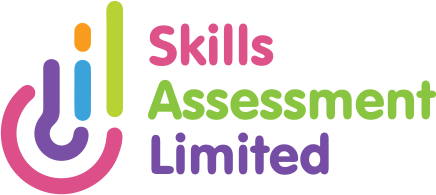All about Apprenticeships
Apprenticeships are work-based learning programmes that are built around a real job, with hands-on experience, a salary, and the chance for learners to gain a nationally recognized qualification whilst developing new skills, behaviors, and knowledge needed for the workplace. Apprentices must be employed with a contract of employment and paid holiday leave.
As an apprentice you will:
-
work alongside experienced staff
-
gain job-specific skills
-
earn a wage and get holiday pay
-
get time for study related to your role (equivalent to one day a week)
Apprenticeships can take between 1 and 5 years to complete depending on their level. There is a national minimum wage for apprentices, but many employers pay more than this. This is dependent on the sector, region and apprenticeship level. You can read more about the apprenticeship minimum wage here.
Levels of apprenticeships
Apprenticeships are offered form Level 2 to Level 7 and each Level has an equivalent educational level.
| Framework Equivalent | Level = Equivalent education level |
| Intermediate | Level 2 = GCSE |
| Advanced | Level 3 = A level |
| Higher | Levels 4, 5, 6 and 7 = Foundation degree and above |
| Degree | Levels 6 and 7 = Bachelor’s or master’s degree |
Some apprenticeships may also give you additional qualifications which are taken as part of the on program learning of the apprenticeship, such as a diploma.
End-point assessment
At the end of your apprenticeship you’ll need to take an end-point assessment (EPA) to complete the program.
This EPA is an independent assessment to confirm that you have attained the knowledge, skills and behaviours required in the Apprenticeship Standard you are taking. Sometimes it can be helpful to compare this to a driving test, where an independent assessor checks that you can actually perform the duties you have trained for in the workplace.
Each EPA has at least two assessment methods – it can include an observation of the apprentice in the workplace, written tests, portfolios of work and interviews.
At the end of your apprenticeship you’ll need to take an end-point assessment (EPA) to complete the program.
This EPA is an independent assessment to confirm that you have attained the knowledge, skills and behaviours required in the Apprenticeship Standard you are taking. Sometimes it can be helpful to compare this to a driving test, where an independent assessor checks that you can actually perform the duties you have trained for in the workplace.
Each EPA has at least two assessment methods – it can include an observation of the apprentice in the workplace, written tests, portfolios of work, and interviews.
